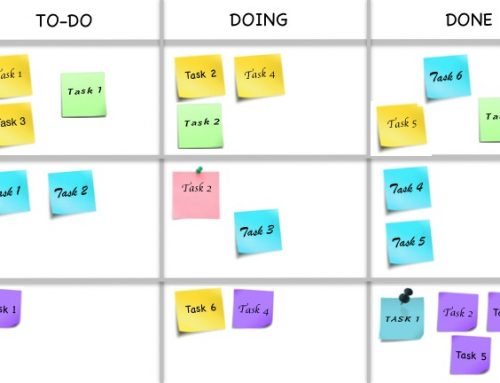We have all been there…You have used all the brainstorming techniques in the book, but your session has gone astray, there are no brownies left, and you secretly hope that your phone will ring with a VERY important task that you have to do RIGHT NOW.
Why do brainstorms hit dead ends?
Two articles might enlighten us: “Groupthink, the Brainstorming Myth” by Jonah Lehrer and “Rise of the New Groupthink” by Susan Cain. In short, you cannot expect a group of people to be highly creative and efficiently solve the problem at hand just because they are in the same room as a white board and have some sugary snacks in front of them.
Here are four possible culprits:
1. The group thinks too much alike
If your research team knows each other too well or is too like-minded it is hard to think differently about problems. You get stuck on each others ideas as the same solutions are endlessly repeated as no one can build further. Remedy:
- Be very specific about who you invite to the meeting
- Focus on those who will contribute and those with different insights and skills.
2. People in the group are too unfamiliar
On the opposite extreme, your team may not be at ease sharing, building and opinionating. Remedy:
- Take the edge off with introductions in a relaxed atmosphere before the brainstorming begins (meet over a cup of coffee or a meal perhaps).
- Be specific in what you expect as an outcome and send a briefing before the event so participants can prep.
- Also, it might be best to meet singly with shy introverts or lone-geniuses rather than forcing participation.
3. There Is Too Little Criticism
One of the golden rules in the brainstorming technique is Defer Judgment (Do Not Criticize). This rule ensures a benign atmosphere where no one is scared to voice a bad idea. The problem occurs when people respect this too much and avoid asking questions that otherwise were needed to build further.
- It is crucial for scientists to ask inquisitive questions.
- Continue to encourage people to say what is on their mind whether it feels stupid or critical at the time.
- Just be sure that criticism is not pointed at individuals or allowed to turn the session into a hostile environment.
4. Not Everyone Has Awakened Their Creative Side
I truly believe that everybody has the ability to be creative (or at least, had it when they were children). Unfortunately, everyone has not unleashed their creative force. Without a bit of practice, it can be hard for scientists to become free thinkers. After all, graduate school seems to be largely intended to beat this out of us. In order to unleash your creative force, you might need some easy starters to get the party going.
- Here are more posts I have written on sparking creativity in scientists.
- And here is a book that might give you some creative ideas; Gamestorming.
Brainstorming techniques might not work for all of us, but it is a key tool in life science research. To avoid dead-ends in your brainstorming sessions, be selective in who you invite, allow criticism that builds further ideas, and give the team a starter to get them warmed up.
If you have experienced other brainstorming techniques that may not have worked well, leave a comment below along with what you think went wrong!







Leave A Comment